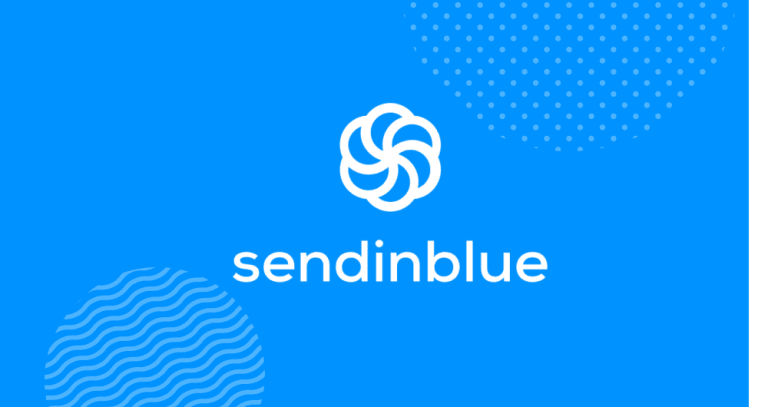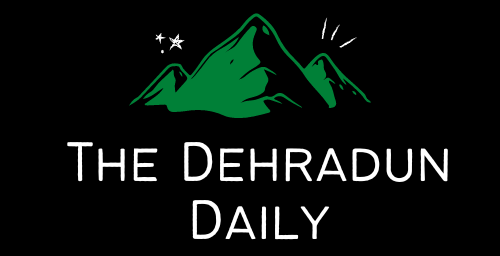Email marketing remains a powerful tool for businesses to connect with their audience, build relationships, and drive sales. However, to maximize the effectiveness of your email campaigns, it’s crucial to invest in the right email marketing software. With many options available on the market, selecting the best one for your business can be daunting. This article will guide you through the key factors to consider when choosing email marketing software, providing a comprehensive overview of the top contenders.
Understanding Your Business Needs:
Before diving into the world of email marketing software, it’s essential to assess your business’s needs and objectives. Consider factors such as the size of your business, your target audience, the complexity of your email campaigns, and your budget. Understanding these aspects will help you narrow your choices and find a solution that aligns with your requirements.
Key Features to Look for:
User-Friendly Interface:
- Opt for software with an intuitive interface that allows easy navigation and efficient campaign management. A user-friendly platform can save time and reduce the learning curve for your team.
Automation and Personalization:
- Look for email marketing software with robust automation features, allowing you to create targeted and personalized campaigns. Automation streamlines sending emails based on user behavior, ensuring relevant content reaches the right audience at the right time.
Segmentation and Targeting:
- Effective segmentation is crucial for targeting the right audience with tailored content. Choose software that enables easy segmentation based on demographics, purchase history, and other relevant criteria.
Analytics and Reporting:
- Comprehensive analytics provide insights into the performance of your email campaigns. Look for software that offers detailed reporting on open rates, click-through rates, conversion rates, and other essential metrics. This data is invaluable for optimizing future campaigns.
Integration Capabilities:
- Ensure that the email marketing software integrates seamlessly with your existing tools and platforms, such as customer relationship management CRM Software, e-commerce platforms, and analytics tools. Integration enhances efficiency and data consistency.
Compliance and Deliverability:
- Choose software prioritizing compliance with email marketing regulations, such as GDPR and CAN-SPAM. Additionally, consider the platform’s deliverability rates to ensure your emails reach recipients’ inboxes instead of being flagged as spam.
Top Email Marketing Software Options:
Mailchimp:
- Known for its user-friendly interface, Mailchimp suits businesses of all sizes. It offers robust automation, segmentation, and analytics features. With a free plan for small businesses, Mailchimp is an excellent choice for those on a budget.
Constant Contact:
- Constant Contact is renowned for its simplicity and strong customer support. It provides customizable templates, automation, and excellent tracking capabilities. Ideal for small to medium-sized businesses, Constant Contact offers a free trial for users to explore its features.
HubSpot:

- HubSpot’s email marketing software is part of its comprehensive CRM platform. It offers advanced automation, personalization, and integration capabilities. While it may be more suitable for larger businesses, its feature-rich platform can deliver significant value.
Sendinblue:

- Sendinblue is a cost-effective option that provides powerful automation features. Focusing on transactional emails and SMS marketing in addition to traditional email campaigns, it caters to businesses looking for a versatile solution.
Campaign Monitor:
- Campaign Monitor is known for its visually appealing templates and easy-to-use interface. It offers advanced segmentation and personalization features, making it a great choice for businesses creating visually appealing campaigns.
Advanced Strategies to Elevate Your Email Marketing:
Behavioral Triggers:
- Take personalization to the next level by incorporating behavioral triggers. Identify key actions your subscribers take, such as website visits, product views, or abandoned carts. Use this data to trigger targeted and timely emails aligning with their interests and behaviors.
Predictive Analytics:
- Leverage predictive analytics to anticipate customer behaviors and preferences. Some advanced email marketing platforms use machine learning algorithms to analyze past interactions and predict future actions. This enables you to tailor your content and offers based on user preferences proactively.
Dynamic Remarketing:
- Implement dynamic remarketing campaigns to re-engage users who have shown interest in your products or services. Showcase personalized product recommendations based on their browsing history or previous purchases, increasing the likelihood of conversions.
AI-Powered Personalization:
- Explore email marketing software incorporating artificial intelligence (AI) for enhanced personalization. AI can analyze vast amounts of data to deliver hyper-personalized content, increasing engagement and fostering a more personalized customer experience.
Interactive Content:
- Integrate interactive elements into your emails to captivate your audience. To encourage engagement, incorporate features such as polls, quizzes, and clickable images. Interactive content enhances the user experience and provides valuable data on user preferences and interests.
SMS marketing integration:
- Extend your reach by integrating SMS marketing into your overall strategy. Some email marketing platforms offer seamless integration with SMS, allowing you to create cohesive and multi-channel campaigns. Use SMS for time-sensitive promotions, event reminders, or personalized offers.
Advanced Segmentation Strategies:
- Refine your segmentation strategies by incorporating predictive segmentation. Analyze data to identify segments likely to respond positively to specific campaigns. This proactive approach ensures you target the right audience with the right content at the right time.
Social media integration:
- Connect your email marketing efforts with your social media strategy. Many email marketing platforms offer features allowing you to share your email content on social media or include social sharing buttons. This integration helps amplify your message and increases your brand’s visibility across different channels.
Customer Journey Mapping:
- Develop comprehensive customer journey maps to visualize the entire customer experience. Identify touchpoints where email interactions play a crucial role. By understanding the customer journey, you can optimize your email campaigns to provide seamless and cohesive experiences at every stage.
Experiment with Emerging Technologies:
- Stay ahead of the curve by experimenting with emerging technologies such as augmented reality (AR), chatbot or interactive video within your emails. While unsuitable for every industry, these innovative approaches can create memorable and engaging experiences, setting your brand apart.
Conclusion:
Elevating your email marketing strategy involves selecting the right software, implementing best practices, and embracing advanced techniques. By continuously refining your approach based on data-driven insights and staying abreast of industry trends, you can create impactful and personalized email campaigns that resonate with your audience, foster customer loyalty, and drive measurable business outcomes. Email marketing is a dynamic and evolving landscape, and the willingness to adapt and innovate is key to sustained success.



